Editor’s Note: We are keeping up with E. Jean Carroll’s case against Donald Trump, which hinges on an encounter in a Bergdorf Goodman dressing room, where she alleges he raped her. Here’s a story we originally published prior to our NYC Out Loud in October 2019, where Carroll was a speaker.
***
E. Jean Carroll isn’t sad. She wants everyone to know that: She’s not sad, she’s not traumatized, she’s not triggered. What she is, is angry. And as Johnny Rotten told us in 1986, anger is an energy.
Where the rest of us give advice over coffee and under duress, Carroll gets paid to dole out her opinion for a living. Since the early ‘90s, she’s been the resident advice columnist at Elle magazine, creating a niche for herself as a plain-talking, non-sugarcoating, empathetic-but-brutally-honest auntie to kajillions of readers.
In addition to her steady gig at Elle, Carroll had a wild career as a TV host on an early version of MSNBC (helmed by Roger Ailes, of all people); a freelance magazine journalist, writing for Rolling Stone, Spin, Playboy, and, in one memorable case, taking Fran Lebowitz camping for Outside magazine; a biographer of her friend Hunter S. Thompson; and a writer for Saturday Night Live. Before all that, she was an Indiana beauty queen and a champion cheerleader.
It’s clear that the encounter was shocking and upsetting at the time, though after telling two close friends, she chose not to report it.
Maybe that’s an unlikely origin story for a feminist, but Carroll has never been interested in fulfilling expectations. And, lately, she’s been getting a ton of attention not just because she penned a book called What Do We Need Men For?, but also because in said book, among dozens of other stories, she mentioned the time she was manhandled, then grabbed, and then raped in a dressing room at Bergdorf’s by a minor celebrity who later became the 45th president of the United States.
You can read the tale in her book, and you should. Contrary to the dozen or so retellings in various media outlets, it’s clear that the encounter was shocking and upsetting at the time, though after telling two close friends, she chose not to report it.
The reaction to her recent airing of the encounter was swift, with people at either end of the political spectrum not quite willing to believe her for entirely different reasons. As she predicted just before outlining the story in her book, Trump and his supporters on the right simply said it never could have happened. But folks on the left were—ever so quietly, and in muted tones so as not to be heard by the wrong folks—giving side-eye of their own, wondering how it was possible that Carroll could say she wasn’t traumatized by this event.
Read More: From Comedy to Rallying Against the Patriarchy: Lizz Winstead’s Journey
Women Our Age and Assault
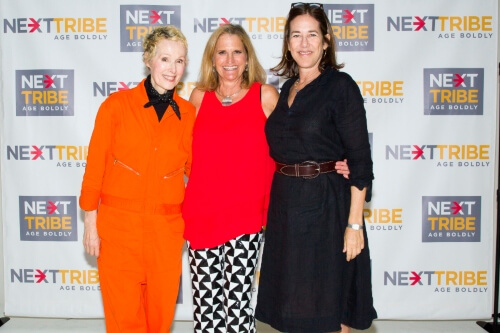
E. Jean Carroll at NextTribe’s NYC Out Loud in October 2019, with NextTribe founder Jeannie Ralston and Lisa Birnbach, who will likely be testifying in court this week.
“Here’s the thing,” Carroll tells me, as we sit beside a fountain outside the Plaza Hotel just before one of her free walking tours, dubbed the Hideous Men of New York Tour, when I ask her why women are irked that she doesn’t respond the way we expect her to. “Women aren’t supposed to do anything. We’re not supposed to come forward. We’re not supposed to tell our story. If we do tell our story, [people say] we tell it in the wrong way. Or to the wrong person. We can’t flirt. We just—can’t.”
‘We grew up not talking about it . . . But it didn’t work, because we didn’t change a thing.’
I tell her about my friend’s mom, who got in a huge Facebook fight with me (we made up! We love each other!) over whether the #MeToo movement had “gone too far” when Matt Lauer got fired.
“Is she a member of the Silent Generation? A Baby Boomer?” Carroll asks. “We grew up not talking about it. We put our chins up, and we moved on. That’s how we did it. But it didn’t work, because we didn’t change a thing. We changed exactly zero.” She fixes me with an intense look, the look of a particularly frustrated chemistry tutor who really wants you to get what molarity is. “#MeToo is changing the culture of sexual violence.”
The other answer to the whispered questions is right there in the book. The encounter in the dressing room, as true for Carroll as for your author and for oodles of other women, was only one of a long list of disturbing encounters, assaults, molestings, and throttlings, starting when she was 8 years old and continuing at girl scout camp, on a college date, and on and on and on. When you put it in context, it was just one more.
“I was a little discombobulated for a couple days, but then I was alright,” she says. “I have had far worse things than that happen to me. And the voters agree—they couldn’t care less. Civilization hasn’t advanced far enough for people to care. We’re gonna try to change that, but going in front of cameras and sobbing is not going to do it. Telling the stories is going to change it.”
Read More: This Changes Everything Documentary Spotlights Hollywood’s “Female Problem”
The Reason She Didn’t Report It
In the aftermath, she had a choice: She could shove the dress she was wearing in the back of her closet (where it still resides) and move on with her life, or she could enter the upside-down existence of a woman reporting a sexual assault in a major metropolitan area—one where, she noted as part of the tour, they used to refuse to prosecute any rape cases in which the survivor had had even one drink on the day in question, which would exclude just about anyone who went to any party ever.
“Far worse things go on with many women,” she adds. “I’d like to entertain you with how sad I am, but I don’t have it. Come on, this didn’t happen yesterday. I’m 75 years old, and I know how to deal with things.” Though she concedes: “If it happened now, I’d be a mess.”
This would have killed my parents.
Some people can’t understand this, but women who’ve been through the experience will often nod understandingly. I’m afraid I did.
“Women have not been believed for the last 25,000 years. Why? Because we’re sad about what happened,” Carroll adds. “Feeling bad about it, being sad, doesn’t work. Hasn’t worked. Women won’t be believed until we stand up and take the power back, and you can’t do that with tears running down your face.”
Some might disagree; some might see it as a valid theory.
So why now? Well, as she says in the book, once she gets past the initial shock, the encounter with Trump “rarely entered my mind. That changes, naturally, at 2:47 a.m., November 9, 2016, the moment . . . we watch Donald Trump declared president.”
But when she thinks about it, there’s a more personal explanation. “I spent the weekend with my sister Cande. She told me, ‘The real reason you spoke up, you dummy, is that both our mother and father have recently died.’ This would have killed them. But I was free. I started that book not two weeks after my mother died,” Carroll says.
Okay. So why—as she shares in the book—hasn’t she had sex since that day?
“Oh, that. I just haven’t met the person. It’s very difficult after the age of 60 to find a great partner, particularly one you want to go to bed with.” She lets that sit for a moment. “I’m not sad. You can’t make me sad. But I am angry, thank you very much . . . I’m mad about what’s going on. It’s not about me anymore.”

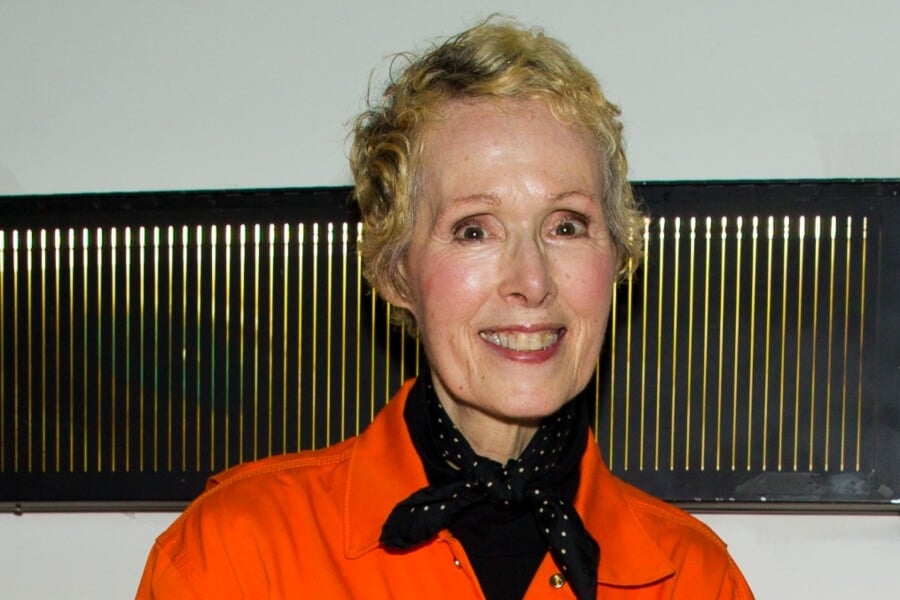


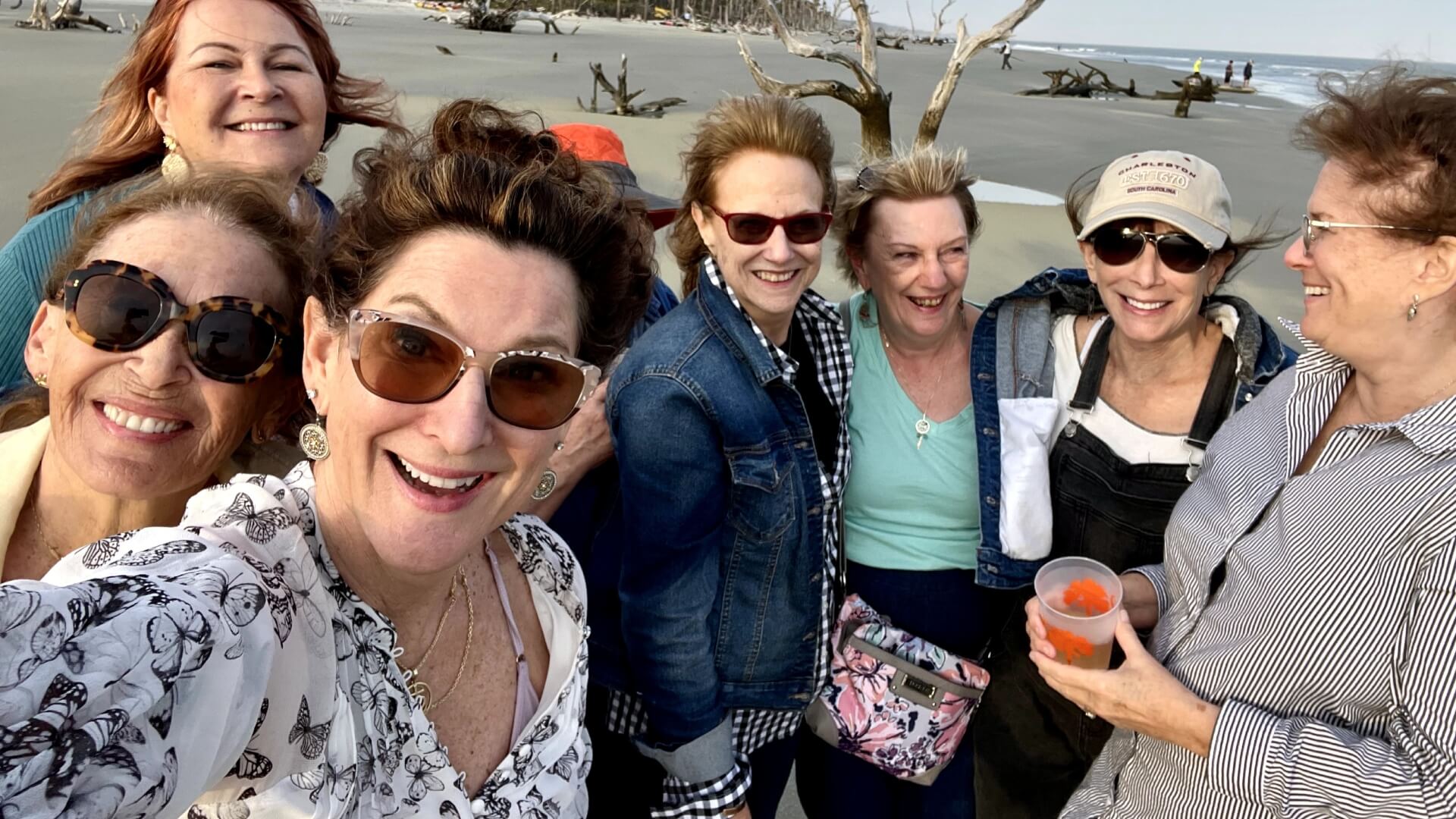









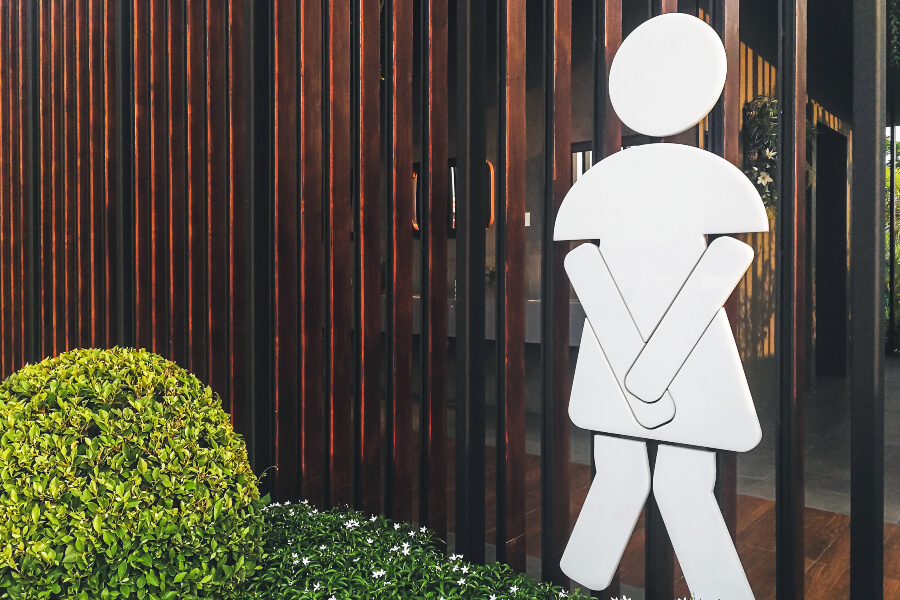





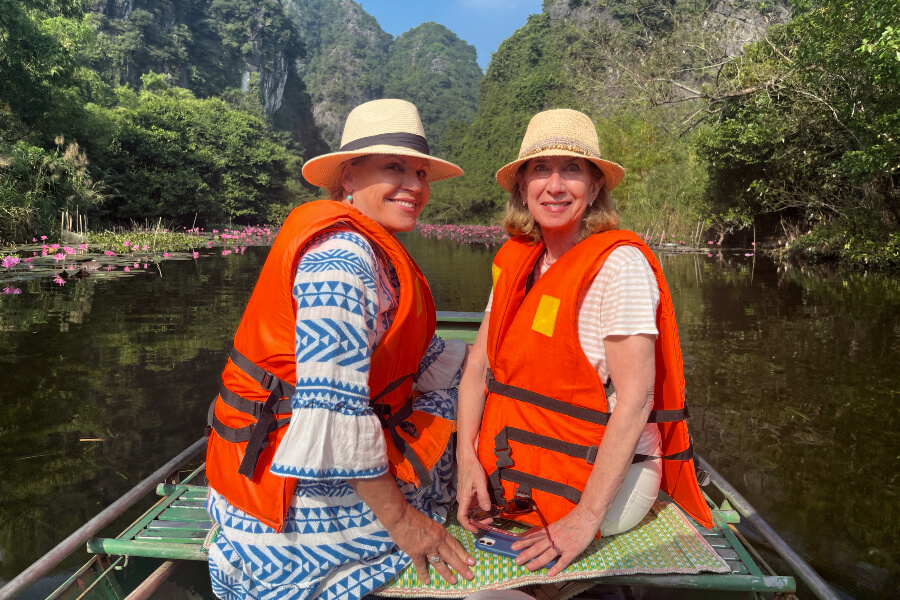
0 Comments